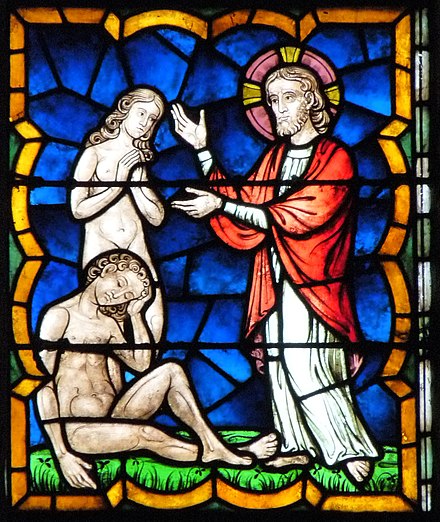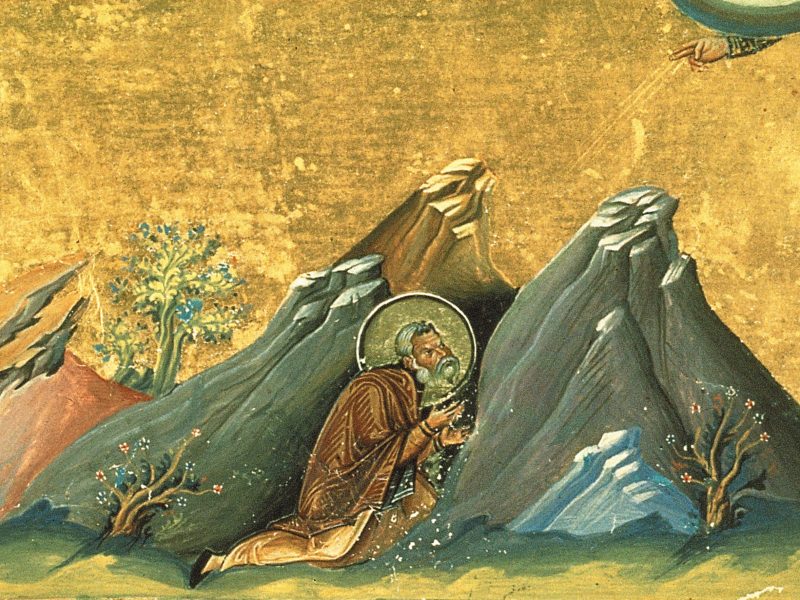by Vito Čapeta
Vito Čapeta is a master’s student in bioethics at Regina Apostolorum Pontifical Athenaeum. This essay was originally written in Italian but has been translated into English. The original Italian version is included at the bottom.
Today, the family community is truly under attack on all fronts. Nowadays, the essence of family as a community of husband, wife, and children no longer exists. The reality of family has become something fluid: the family is not something that “is,” but something that is “made.” Polyamory is the idea that children can be equally happy with parents who change partners as they can be with parents who are dedicated to each other, that is, faithful to their marriage. Today, there is an attempt to include in the family what is not family. If everything is family, then nothing is family. There is no solid, responsible, and faithful communion between two people. Nowadays, people are afraid of making definitive choices.
Another reality that threatens the family is the gender ideology that asserts that it doesn’t matter what your body is, but rather how you feel. According to this ideology, there is no definitive essence of being male or female – “a woman is not born, but becomes one.” No biological, psychological, or economic destiny defines the appearance that society attributes to men and women: it is the result of a combination of history and civilization, which produces an intermediate product between male and female. Essentially, this ideology focuses on the “biological irrelevance” and emphasizes the psycho-social and civil identity. A similar approach is taken towards human life: medically assisted human procreation techniques, the ambition to achieve even human cloning, the development of biotechnologies, artificial intelligence, robotics… these are some of the acts that aim to overcome the limits. But even the “end of life” is affected, with assisted suicide or euthanasia determining when a life is worthy of being lived. No limits are recognized (famous slogan of ’68 “prohibited from prohibiting”), but everything should be managed by the freedom of the person who wants to be liberated from nature and constraints in order to fully and autonomously achieve their own well-being, often by identifying with emotions. Therefore, a freedom without anticipation of gender that allows one to do what is most gratifying. Finally, we cannot forget the negative role of social networks. In hundreds of female or male forums, we see the attraction of boys, adolescents, and young people towards homosexuality or bisexuality.
In Sweden, Professor Gerund Henslow, a neurophysiology professor at Lund University, was accused of transphobia and anti-feminism because he affirmed that the differences between male and female are biologically based. Professor John Finnis, Emeritus Professor of Philosophy of Law at the University of Oxford, was accused of homophobia because his teaching was based on natural morality.
Masculinity and femininity are a constitutive element of personal identity. Differences will not be removed in the resurrection because these differences touch on the mystery of the person. Man and woman need each other to achieve a fullness of life. The relationship between man and woman has been seriously compromised by sin as we see in the examples indicated above.
The ideology of gender is profoundly erroneous because it denies, among other things, the complementarity of male and female. Man is challenged to have a nature pre-constituted by his corporeality that characterizes human beings. He denies his own nature and decides with his heart Mk 10: 5-9: “Because of the hardness of your heart, he (Moses) wrote this rule for you, but at the beginning of creation God created them male and female…so that they are not two, but one flesh. What God hath joined together let not man put asunder” We, from the perspective of the theology of creation, affirm that the essence of the human creature is such as to be created by God as male (ish) or as female (ishshah) – male and female He created them (Gen 1:27). The differences between man and woman are not for opposition or subordination, but for communion and generation, always in the image and likeness of God. Without mutual dedication, neither can fully understand themselves. The soul is the family, and we must defend it with all the means that the theology of creation and Catholic bioethics offer us in their interdisciplinarity.

Italian version
Oggi la comunità della famiglia è veramente attaccata da tutti i fronti. Nei giorni nostri non esiste più l’essenza della famiglia come la comunità di marito, moglie e bambini. la realtà della famiglia diventa una cosa fluida: la famiglia non “è”, ma si “fa”. Poliamoria è l’ idea che i bambini possono essere ugualmente felici sia con i genitori che cambiano i partner sia con i genitori che sono dedicati uno all’altro, cioè fedeli al proprio matrimonio. oggi si tenta ad includere nella famiglia anche ciò che non è famiglia. Se tutto è famiglia nulla è famiglia. non c’è una comunione solida e responsabile e fedele tra due persone. Oggi la gente ha paura delle scelte definitive.
Un’altra realtà che minaccia la famiglia è l’ideologia del gender che asserisce che non importa il tuo corpo, conta come ti senti. L’uomo non ha essenza definita “Donna non si nasce, donna si diventa”. Nessun destino biologico, psichico ed economico definisce l’aspetto che definisce in seno alla società la femmina dell’uomo: è insieme della storia e della civiltà a elaborare quel prodotto intermedio tra maschio e donna. Sostanzialmente si punta sulla “irilevanza biologica” e si punta sull’ identità psico-sociale e civile. Uguale atteggiamento è assunto nei confronti della vita umana: le tecniche di procreazione umana medicalmente assistita, l’ambizione di giungere alla clonazione anche umana, lo sviluppo delle biotecnologie, intelligenza artificiale, robotica…sono alcuni atti che mirano a superare ostacoli del limite. Ma pure il “fine vita” è interessato nel determinare con il suicidio assistito o eutanasia, il tempo del morire, stabilendo quando un esistenza puoo essere degna di essere vissuta. Nessun limite è riconosciuto (famoso slogan del 68’ “proibito proibire”), ma tutto dovrebbe essere gestito dalla libertaa della persona che si vorrebbe, come propone ideologia del genere, svincolata dalla natura e vincoli per realizzare pienamente ed autonomamente il proprio benessere spesso identificando nelle emozioni, una libertaa dunque senza anticipazione del sesso che consenta di espletare cioo che maggiormente gratifica. Non possiamo scordare infine il nefasto ruolo del social network. In centinaia forum al femminile o al maschile cogliamo l’attrazione dei ragazzi,adolescenti e dei giovani verso omossessualita o bisessualità.
In Svezia professor Gerund Henslow, docente della neurofisiologia all’Università di Lund fu accusato di transfobia e antifemminismo perché affermo che le differenze tra maschio e femmina sono biologicamente fondate. Professore emerito di Filosofia del diritto presso l’Università di Oxford, John Finnis fu accusato di omofobia poiché il suo insegnamento aveva come fonte la morale naturale.
La mascolinità e femminilità è elemento costitutivo dell’identità personale. Le differenze non saranno tolte nella risurrezione perché queste differenze toccano il mistero della persona. Uomo e donna hanno bisogno l’uno dell’altra per raggiungere una pienezza di vita. Il rapporto tra uomo e donna è stato seriamente compresso dal peccato come vediamo negli esempi sopra indicati.
L’ideologia del genere è profondamente erronea poiché nega tra l’altro la complementarietà maschio-femmina. L’uomo è contestato di avere una natura precostituita dalla sua corporeità che caratterizza essere umano. Nega la propria natura e decide cuore Mc 10, 5-9: “Per la durezza del vostro cuore, egli (Mosè) scrisse per voi questa norma, ma all’inizio della creazione Dio, li creò maschio e femmina…sicché non sono due, ma una sola carne. Ciò che Dio ha unito l’uomo non separi. Noi dalla prospettiva della teologia della creazione affermiamo che l’essenza della creatura umana è tale di essere creata da Dio come maschio o come (ish), Donna (ishsha) – masschio e femmina li creò. (Gen 1,27). Le differenze fra uomo e donna non sono per la contrapposizione o subordinazione, ma per la comunione e le generazioni, sempre a immagine e somiglianza di Dio. Senza la reciproca dedizione nessuno dei due può comprendere sé stesso in profondità. L’anima è la famiglia e dobbiamo difenderla con tutti i mezzi che ci offrono la teologia della creazione e la bioetica cattolica nella sua interdisciplinarietà.


